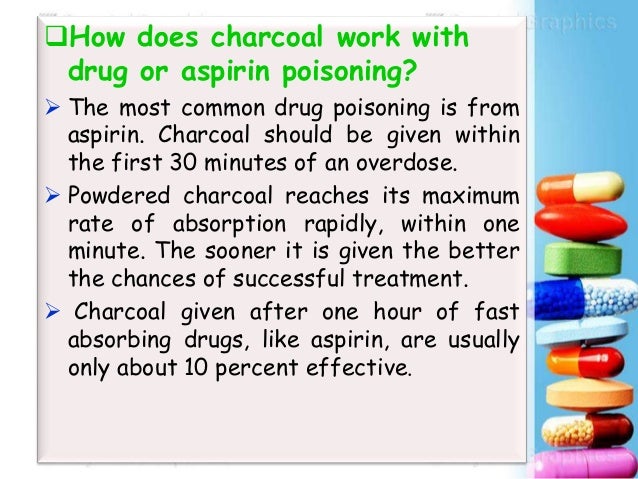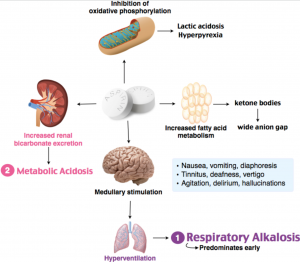
Arterial blood gas analysis showed metabolic acidosis with an increased anion gap. After five days, despite the improvement of arthritis, she developed tinnitus, vomiting, decreased level of consciousness and convulsive seizure requiring orotracheal intubation and mechanical ventilation.

Infective endocarditis and rheumatic fever were considered as likely diagnoses, and urgent mitral valve replacement with a bioprosthesis was performed with concomitant use of ceftriaxone, gentamicin, oxacillin and rifampicin for the first, and aspirin (total dose of 4 g/day) for the second raised diagnostic suspicion. Bedside transthoracic echocardiogram showed rupture of the chordae tendineae of the anterior leaflet of the mitral valve with severe mitral regurgitation and moderate tricuspid regurgitation. Results of laboratorial tests on admissionĪfter 48 hours, the patient developed pulmonary congestion and tachycardia at rest being transferred to the intensive care unit.

Admission tests showed normocytic anemia, neutrophil leukocytosis, and also an increase in erythrocyte sedimentation rate (ESR) and C-reactive protein (CRP) levels (Table 1). For severe poisoning consider emergency hemodialysisto remove the salicylate more quickly and restore acid-base balance and fluid status.A previously healthy 15-year-old girl presented with intermittent fever (up to 39☌), migratory polyarthritis, arthralgia, orthopnea and progressive dyspnea in the last 30 days that led to dyspnea at rest and a new heart murmur requiring hospitalization. For moderate intoxications, give IV sodium bicarbonate to alkalinize the urine and promote salicylate excretion by trapping the salicylate in its ionized form. Give IVF to replace fluid losses caused by tachypnea, vomiting, fever. Profound metabolic acidosis, seizures, coma, pulmonary edema, and cardiovascular collapse may occur with severe poisoning.Īfter massive aspirin ingestions, aggressive gut decontamination is advisable, including gastric lavage, repeated doses of activated charcoal, and consideration of whole bowel irrigation. Vomiting and hyperpnea as well as hyperthermia contribute to fluid loss and dehydration. Severe hyperthermia may occur in serious cases. Initial ABG testing often reveals this mixed respiratory alkalosis and metabolic acidosis.Body temperature may be elevated.

Metabolic acidosis follows, and an increased anion gap results from accumulation of intracellular lactate as well as excretion of bicarbonate by the kidney to compensate for respiratory alkalosis. The first sign of salicylate toxicity is often hyperventilation and respiratory alkalosisdue to medullary stimulation.


 0 kommentar(er)
0 kommentar(er)
